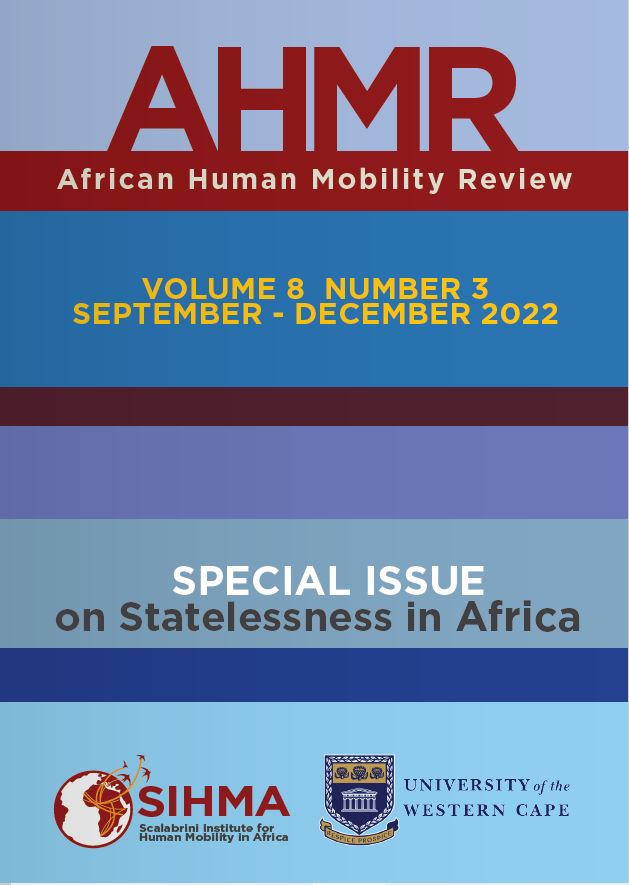Main Article Content
The Role of Colonialism in Creating and Perpetuating Statelessness in Southern Africa
Abstract
Some of the largest stateless populations in the world are in Southern Africa. Statelessness in the region is primarily linked to colonial histories, border changes, migration, gender, ethnic and religious discrimination, and poor civil registry systems. Colonial and white minority rulers created and implemented multi-tiered citizenship systems — extending full rights only to settlers. Like all other aspects of society, colonisers based
citizenship on ethnic exclusion, exploitation, and discrimination. Native Africans were forced into legal subordination with minimal rights that were superseded by those of white settlers. At independence, most Southern African countries adopted nationality laws based on the models of their former colonial rulers while making efforts to reverse the systems of discrimination. Efforts to redress the inequalities via nationality laws have had unintended and intended consequences on vulnerable populations and exacerbated statelessness. Xenophobia is another consequence of colonial heritage that has perpetuated statelessness. Colonial powers relied on political exclusion. They used violence to ‘divide and conquer’, creating and reinforcing racial, ethnic, and tribal clashes. In many parts of Southern Africa, we see an increase in xenophobia and nationalism as the emerging form of political exclusion, resulting in restrictive and repressive migration responses to prevent migrants from arriving or integrating into societies. There are concerning signs that states are instrumentalising statelessness as a migration management tool. Rising nationalism and anti-migrant sentiments threaten to undo gains in the fight against statelessness.





